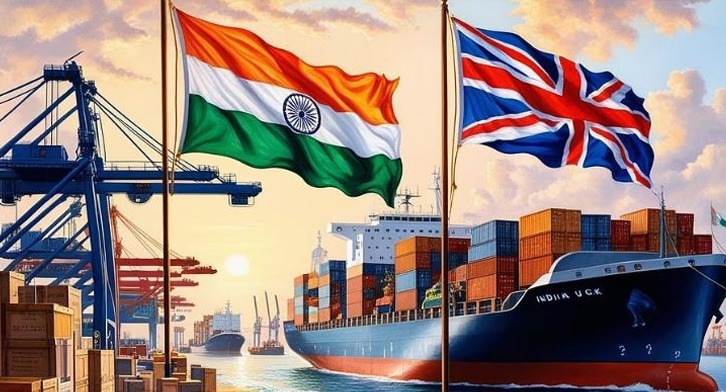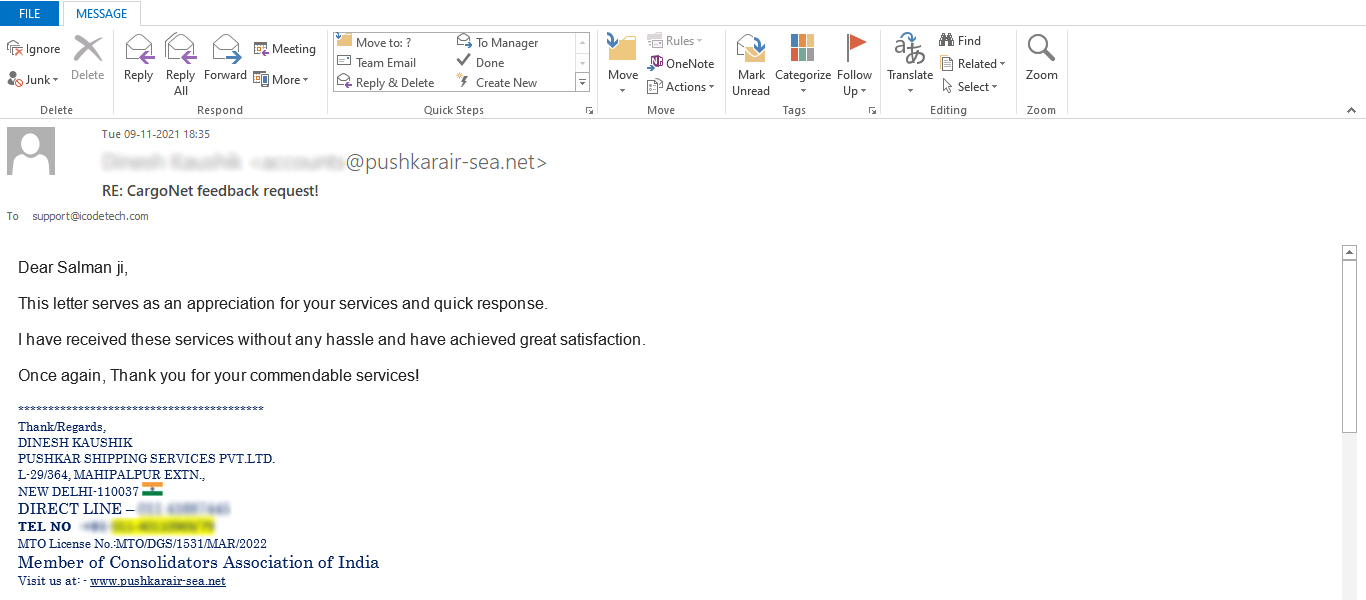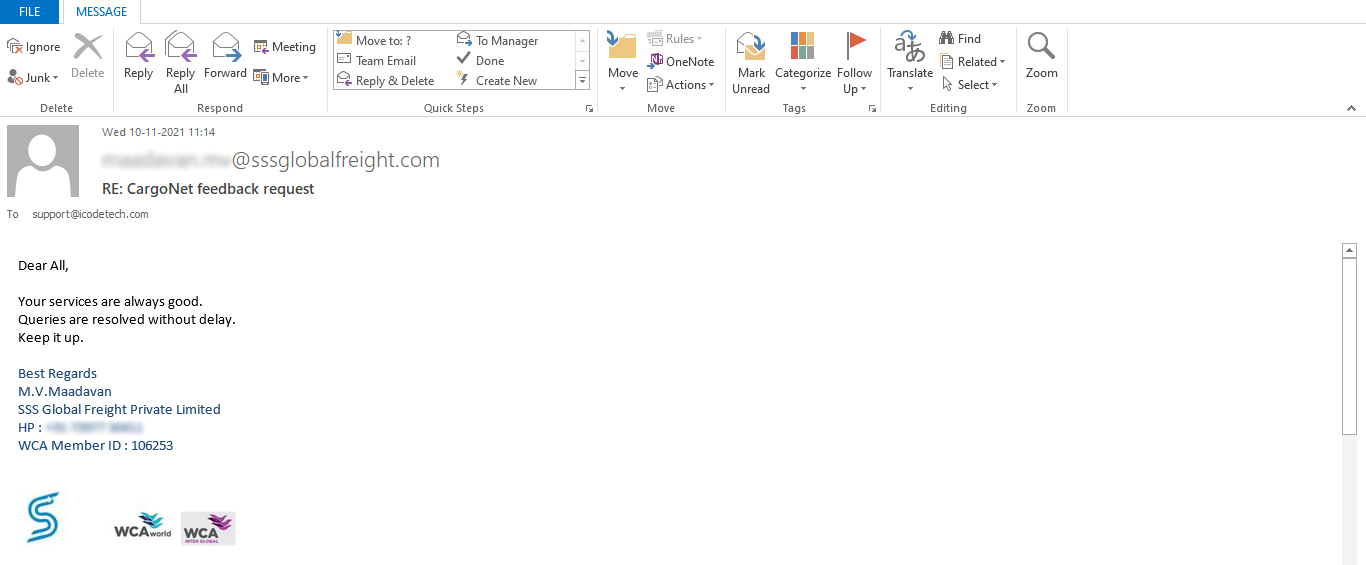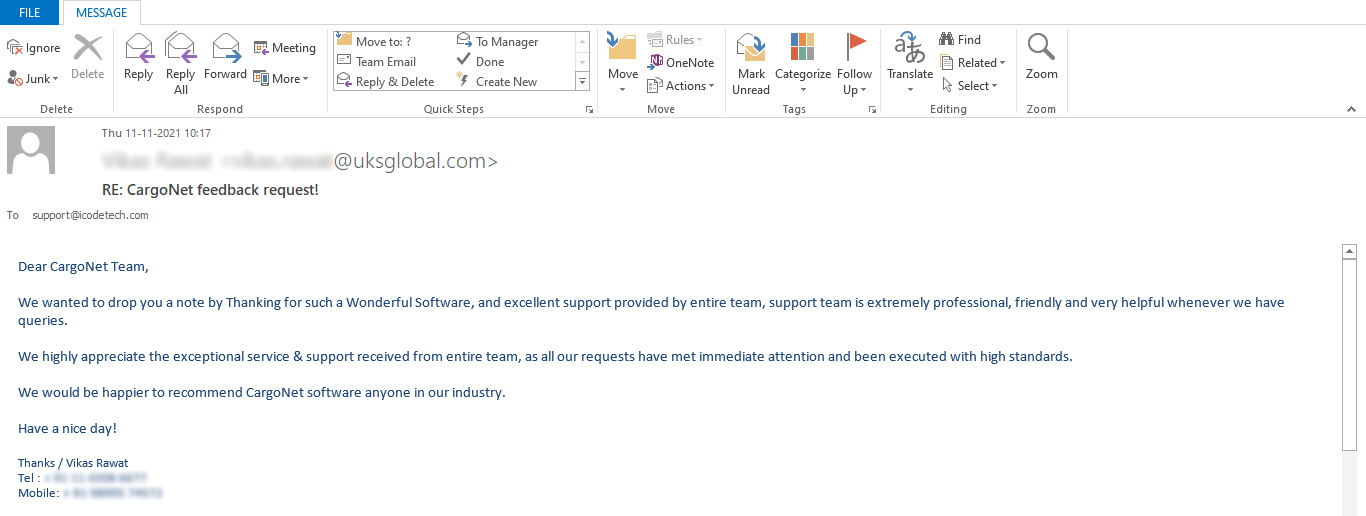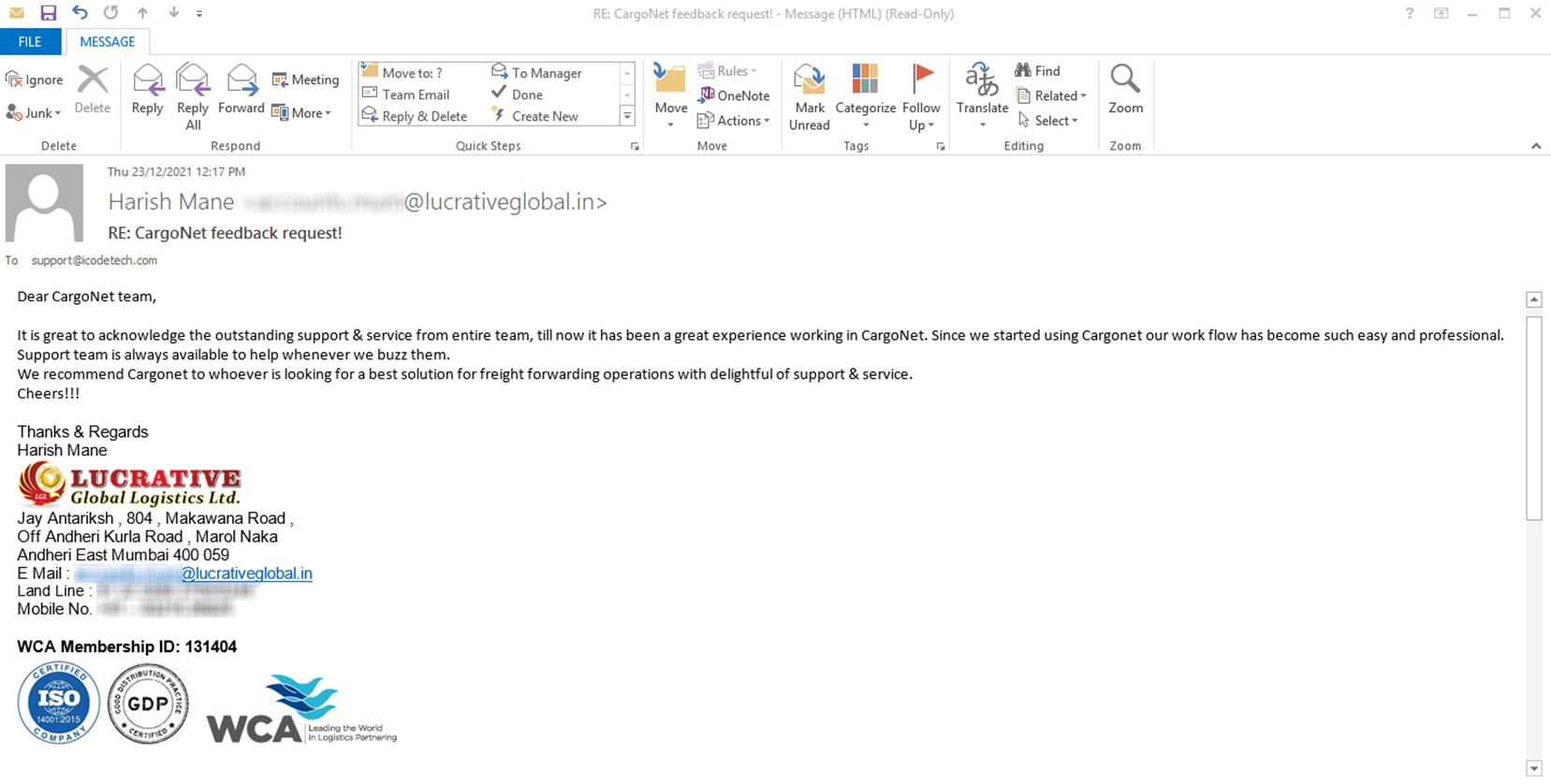In a major step toward strengthening bilateral economic ties, India and the United Kingdom have signed the Comprehensive Economic and Trade Agreement (CETA)—a breakthrough pact poised to reshape trade dynamics between the two nations.
The agreement was signed by India’s Union Minister of Commerce & Industry, Mr. Piyush Goyal, and the UK’s Secretary of State for Business and Trade, Mr. Jonathan Reynolds, under the visionary leadership of Prime Minister Narendra Modi.
Currently valued at ₹4.83 lakh crore (US$56 billion), bilateral trade is set to double by 2030, backed by the sweeping benefits of this agreement.
Key Highlights of the India-UK CETA
- 99% of India’s exports to the UK to enjoy duty-free access
- Major boost for labour-intensive sectors: textiles, leather, toys, marine products, gems & jewellery
- High-growth sectors gain momentum
- Includes engineering goods, auto components, organic chemicals
- Enhanced market access for Indian services sector
- Wider reach in IT, finance, education, legal services, and digital trade
- Simplified visa norms for skilled professionals
- Benefits categories like chefs, engineers, yoga instructors, and architects
- Double Contribution Convention signed
- Indian employees and employers exempted from UK social security contributions for 3 years
- MSMEs and startups integrated into global value chains
- Focus on inclusive trade for farmers, women, youth, and artisans
- Push for sustainable and innovative trade practices
- Emphasis on non-tariff barrier reduction, green supply chains, and Make in India
This landmark agreement not only opens new doors for export growth and job creation but also places India on a stronger footing in the evolving global supply chain landscape.
Stay tuned for more updates on how CETA impacts logistics, shipping, and cross-border trade operations.


